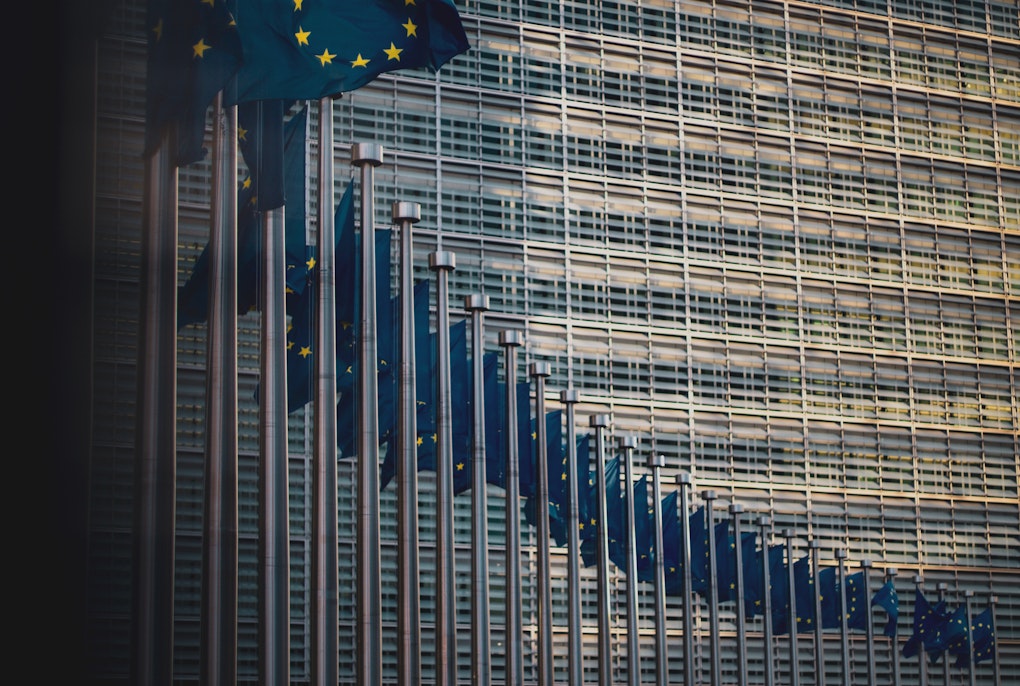
Solidaristic inclusion through healthcare
 Wanda Spahl
Wanda Spahl
The case of Ukraine has exposed old problems that migrant and refugee women have long faced. Since there is ample evidence that international migration policies are not adapted to the needs of migrant women, today we have the opportunity to change this by demanding a gender-sensitive approach in the formulation of these policies. Such policies must also be inclusive, covering all migrant women regardless of their origin, legal status, skin color, religion, social class, or sexual orientation.
The case of Ukraine has exposed old problems that migrant and refugee women have long faced. Since there is ample evidence that international migration policies are not adapted to the needs of migrant women, today we have the opportunity to change this by demanding a gender-sensitive approach in the formulation of these policies. Such policies must also be inclusive, covering all migrant women regardless of their origin, legal status, skin color, religion, social class, or sexual orientation.
By the end of February 2022, millions of Ukrainians had been forced to leave their homes and seek refuge abroad because of Russian aggression. Many of them had to face a situation of forced migration for the second time since 2014, after annexation of Crimea and occupation of Donbass.According to UNCHR data, currently, more than 8,2 million people fleeing the war in Ukraine have been recorded across Europe, more than 80 % of these people are females.
The vast majority of those displaced are members of female led households/predominantly female households or single females, this puts them in a very vulnerable situation. The extremely precarious situation in which female refugees find themselves in, further deepens the social inequality that concerns all migrant women.
According to the research, compared to male and female nationals and to male migrants, migrant women are in the most unstable economic situation.
Refugee women in this situation are deprived of the important option that is still available to voluntary migrants – in cases of emergency, they cannot return home.
Reasons why Ukrainian female migration is a feminist issue.
I argue that migrant women, especially women fleeing war (in this case, Ukrainian women) are subjected to intersectional discrimination due to their gender, ethnic background, and precarious economic situation. This becomes evident on various levels that are, however, closely interrelated and which can affect a woman’s well-being in her new country of residence. For example, in the case of women fleeing the war in Ukraine, Roma women, Black women, women with disabilities, and other marginalized categories were subjected to extreme forms of intersectional discrimination, as they encompass social categories that are often discriminated against/ marginalized beyond just gender or the refugee experience. (European Parliament resolution 2022/2633)
This means that, along with the right to protection, migrant women also need the right to subjectivity and recognition of their agency (including political agency). Despite the risks that migration (and even more so forced migration) brings, women's solo migration is often the only way to gain independence (both economically and emotionally) and manifest female subjectivity. Therefore gender-sensitive migration policies should also shed light on the agency, resilience, and contributions of women migrants. It should be recognized that women are not passive victims, but active participants in migration processes and play diverse roles, often being community builders.
The UNHCR relates how difficult it is to assess the actual scale of gender-based violence against Ukrainian women, due to the fact that such situations often go unreported. Even before February 2022, Ukrainian women were among the nationalities most at risk of becoming victims of human trafficking. Not surprisingly, the situation has only worsened due to the war. Today one of the biggest concerns is housing. According to the OHCHR, limited access to a safe housing increases the vulnerability of women and girls to domestic violence and sexual abuse. Women’s rights advocates report that sexual exploitation occurs both in refugee camps and host homes, but Ukrainian women often do not report sexual violence because of victim-blaming and stigmatization.
According to the World Bank, across the EU, displaced persons are exposed to a higher risk of poverty and social exclusion than EU citizens. In addition, migrant women and men are not equal in their social involvement, economic independence, participation in the labor market, caregiving responsibilities, or in their experiences of discrimination (EIGE). Many female refugees mention forms of exploitation, such as unfair pay or informal cash-in-hand jobs, especially when undertaking so- called “simple jobs” such as catering, hospitality, and agricultural work. Some female refugees also faced verbal abuse, racism and harassment at work. Many women mention the inability to enter a labor market due to the unavailability or limited availability of childcare services. This not only puts them in a situation of financial precariousness, but also limits their opportunities for professional development and socialization.
Access to the full range of sexual and reproductive health services and rights differs from country to country and concerns not only migrant women. For example in Poland where a near-total abortion ban has taken effect or in some other countries where such services are not covered by the national health insurance and have to be paid for by the patient. As a result, many women who need urgent help do not get it from doctors, but from friendly women's organizations, some of which are run by migrant women - such as Martynka_help in Poland. Women fleeing the war, often after surviving sexual violence, often find out in their seemingly safe country of refuge that abortion in that country is illegal. Such cases have been reported in Poland, above all in the case of women who came to Poland from territories under Russian occupation.
The world we live in is not gender neutral. The crises that constantly occur and overlap, affect whole societies and therefore are not gender-neutral either. However, in some cases, such as the mass influx of women from Ukraine into the EU, the gender issue is crucial. The Ukrainian case shows that support measures and strategies, including the law, must be appropriately tailored to the needs of this specific group. It is the right time to promote gender mainstreaming in migration policies as the fact that women account for over half the total immigrant population in Europe cannot be ignored any longer. Solidarity towards Ukrainian women fleeing the war should become a solidarity towards other migrant women, and women in general as we are in this together.

This content is licensed under a Creative Commons Attribution 4.0 International license.

 Wanda Spahl
Wanda Spahl
 Günther Rautz
Günther Rautz
 Verena Wisthaler
Verena Wisthaler